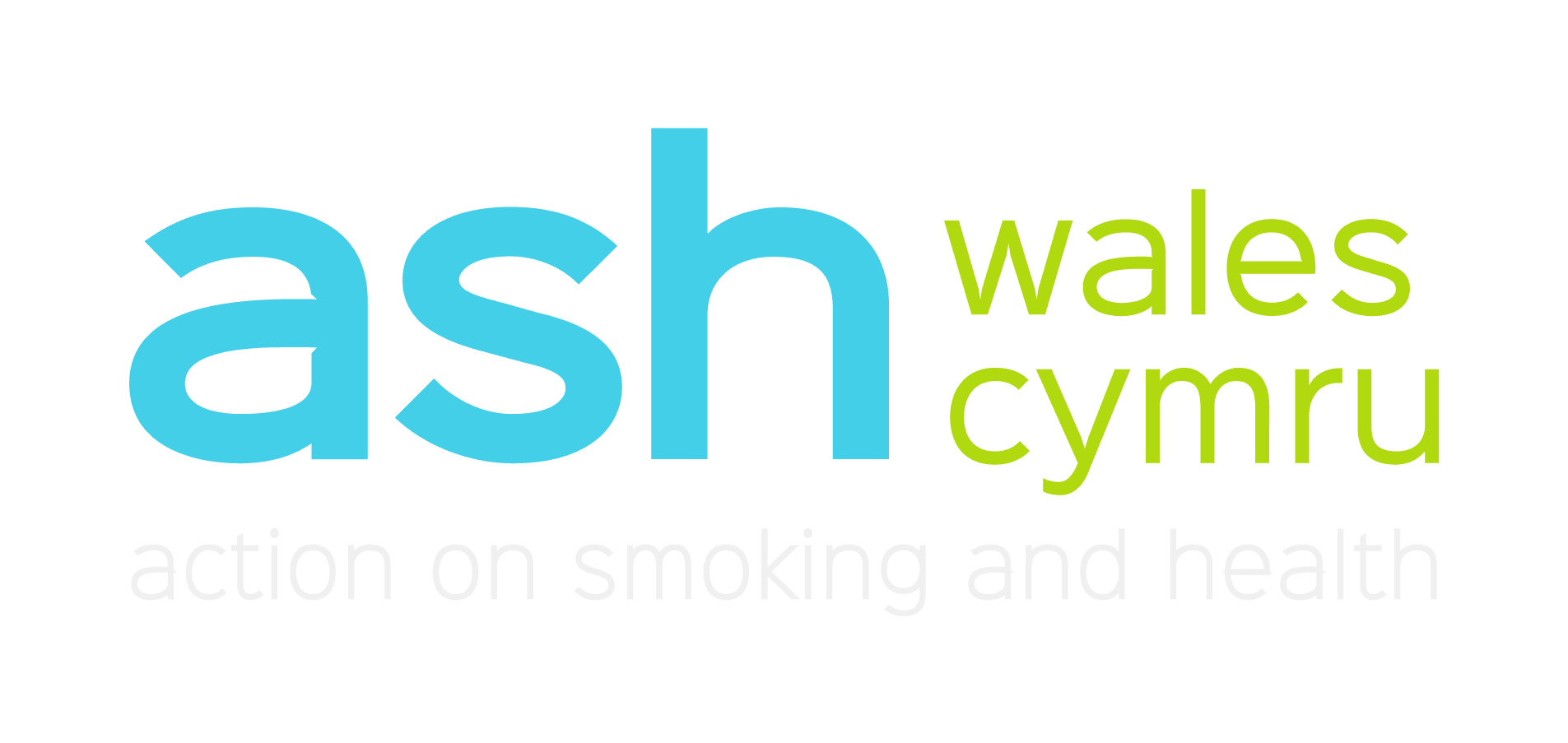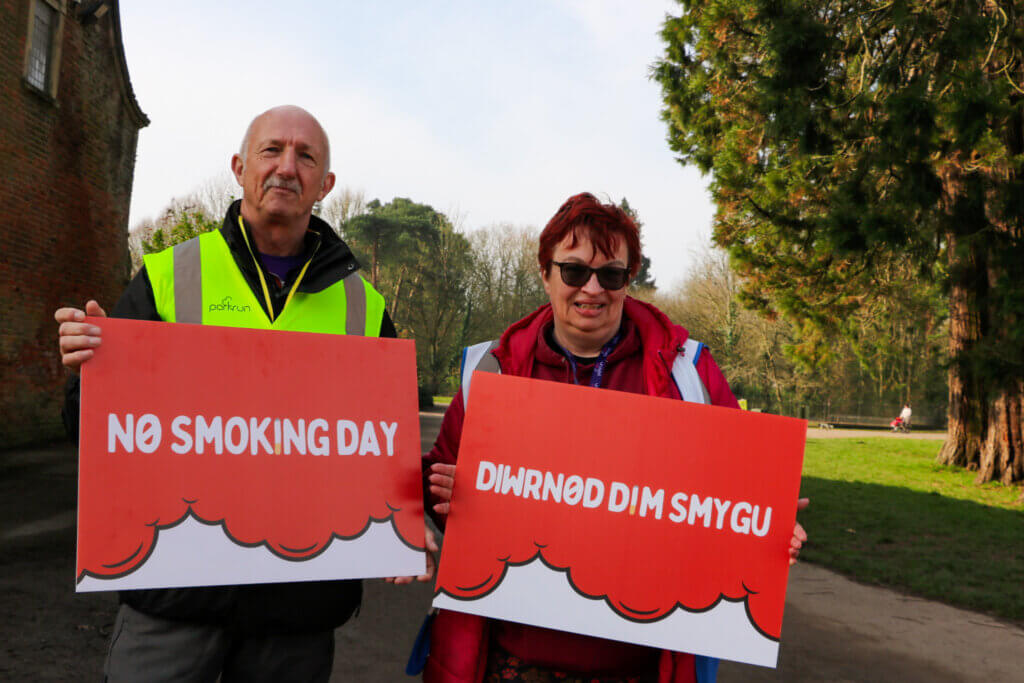The rise of youth vaping in Wales is a growing concern for families and communities. According to recent data from Public Health Wales and The School Health Research Network, nearly one in six Year 11 students (15.9%) regularly use vapes, and over 45% have tried vaping. These statistics highlight the urgent need for parents and carers to engage with young people about vaping in a supportive and informed way.
To help parents navigate these conversations, Public Health Wales has published a practical guide that includes tips for spotting signs of vaping and opening positive discussions with children.
Signs of Vaping: What Parents Should Know
Many signs of vaping can overlap with normal adolescent behaviours, such as mood swings or changes in habits. This can make it difficult for parents to identify whether vaping is an issue. However, some potential indicators to watch for include:
- Unexplained sweet or fruity smells
- Increased thirst
- Persistent cough or respiratory issues
- Items like unfamiliar chargers or small pods
Most vapes contain nicotine, a highly addictive substance that can lead to:
- Nicotine dependence: causing cravings and withdrawal symptoms
- Disrupted concentration: affecting learning and studying
- Impact on mental health: withdrawal can lead to mood swings, sleep disturbances, and headaches
Tips for Talking to Your Child About Vaping
The guide emphasises the importance of keeping conversations open and calm. Mary-Ann McKibben, Consultant in Public Health for Public Health Wales, advises:
Here are some practical tips from the guide:
- Stay informed: Understand the risks of vaping and its appeal to young people.
- Ask open questions: Encourage your child to share their thoughts and experiences without fear of judgment.
- Avoid confrontation: Approach the topic with empathy and a willingness to listen.
- Provide support: Reassure your child that they don’t have to navigate the challenges of quitting alone.
Seeking Support
Parents and carers don’t have to face these challenges alone. There are resources available to help families address youth vaping:
- Help Me Quit Wales: Call 0800 085 2219 for advice and support.
- Educational resources: Schools can access evidence-based guidance from Public Health Wales on how to address vaping through policies, practices, and curriculum.
Why It Matters
The increase in vaping among young people is concerning due to the long-term health risks and potential for addiction. By staying informed and fostering open, supportive conversations, families can help young people make healthier choices and reduce the harm caused by vaping.
For more resources and guidance, visit Public Health Wales’ vaping resource page. Together, we can protect the health and wellbeing of young people in Wales.









